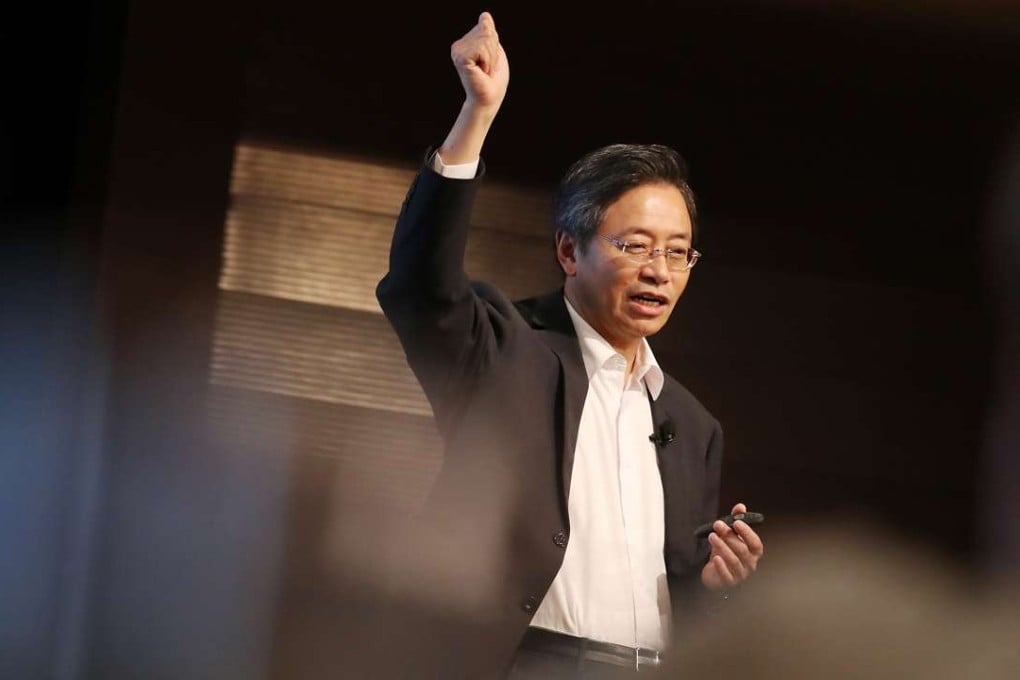Tsai Ing-wen South Asia focus ‘driven by ideology’ says former premier
Island needs to focus on international economic ties instead of pursuing one market for the sake of others, Chang San-cheng tells forum in Hong Kong

Taiwan’s President Tsai Ing-wen’s initiative to expand ties with Southeast Asia was wrongly driven by an ideological mindset even though it is well-intentioned for market expansion, according to former Taiwanese premier Chang San-cheng said in Hong Kong.
Since assuming office in May 2016, Tsai and her independence-leaning Democratic Progressive Party have advocated a New Southbound Policy to reduce economic reliance on mainland China by expanding investment and strengthening ties with Southeast Asian countries. This is a reboot of a similar short-lived strategy used by Taiwan in the 1990s that lacked appeal after the mainland’s economic boom and the Asian financial crisis in 1997.
Chang, a non-partisan politician who was the last premier during the Ma Ying-jeou administration, said on Friday that Tsai’s new southern plan had so far merely been an idea and suggested that she should embrace a global view for the island’s economy.
“No one will oppose the idea of reducing economic dependence, but it has to come slowly and needs to be done in a carefully planned way,” said Chang, one of the most senior former Taiwanese officials to visit Hong Kong since Tsai took office.
“Going south ought to be considered, but the mindset behind it should not be going after one market in order to get away from another. We should look at all markets. That’s more healthy.”